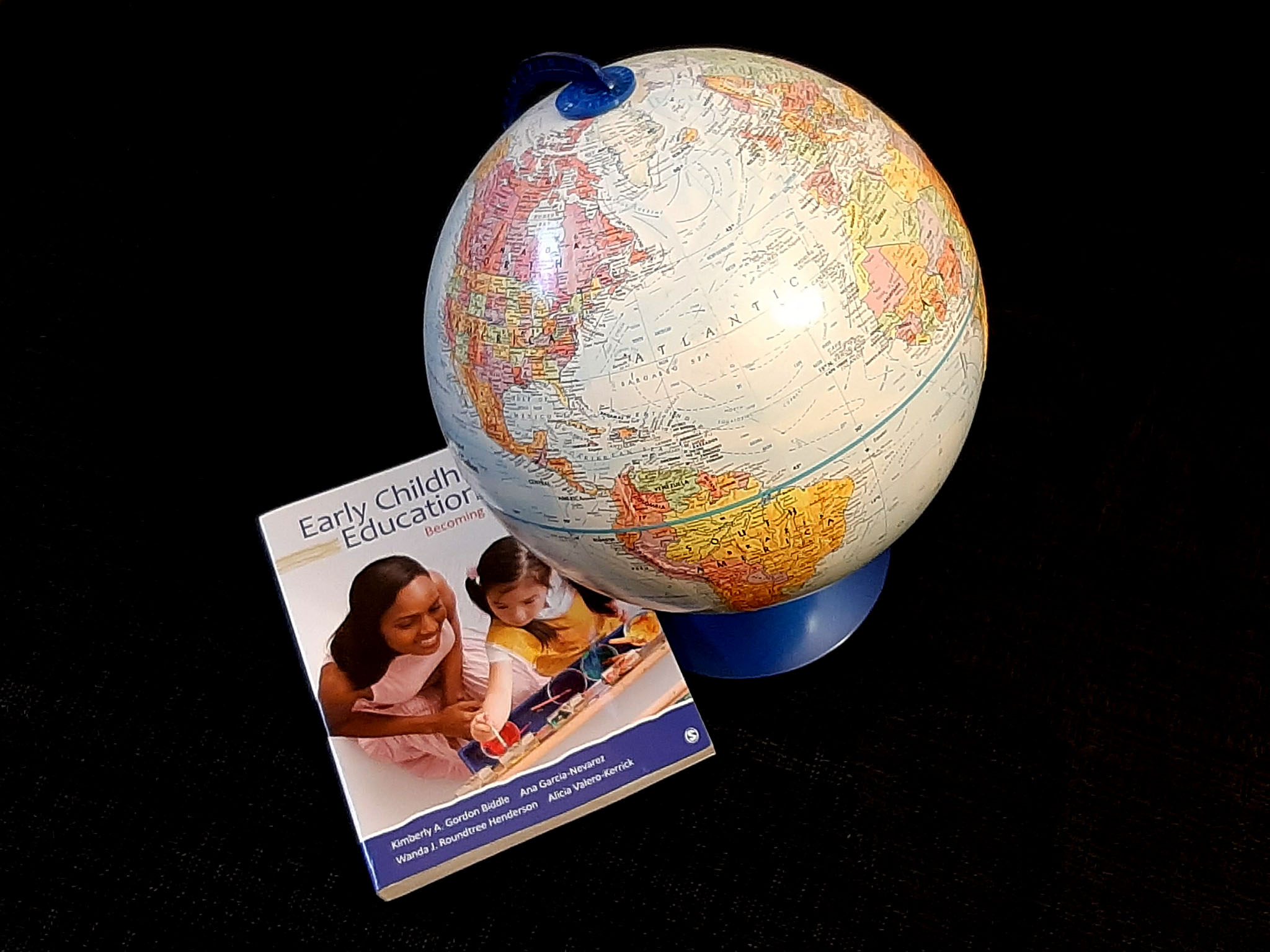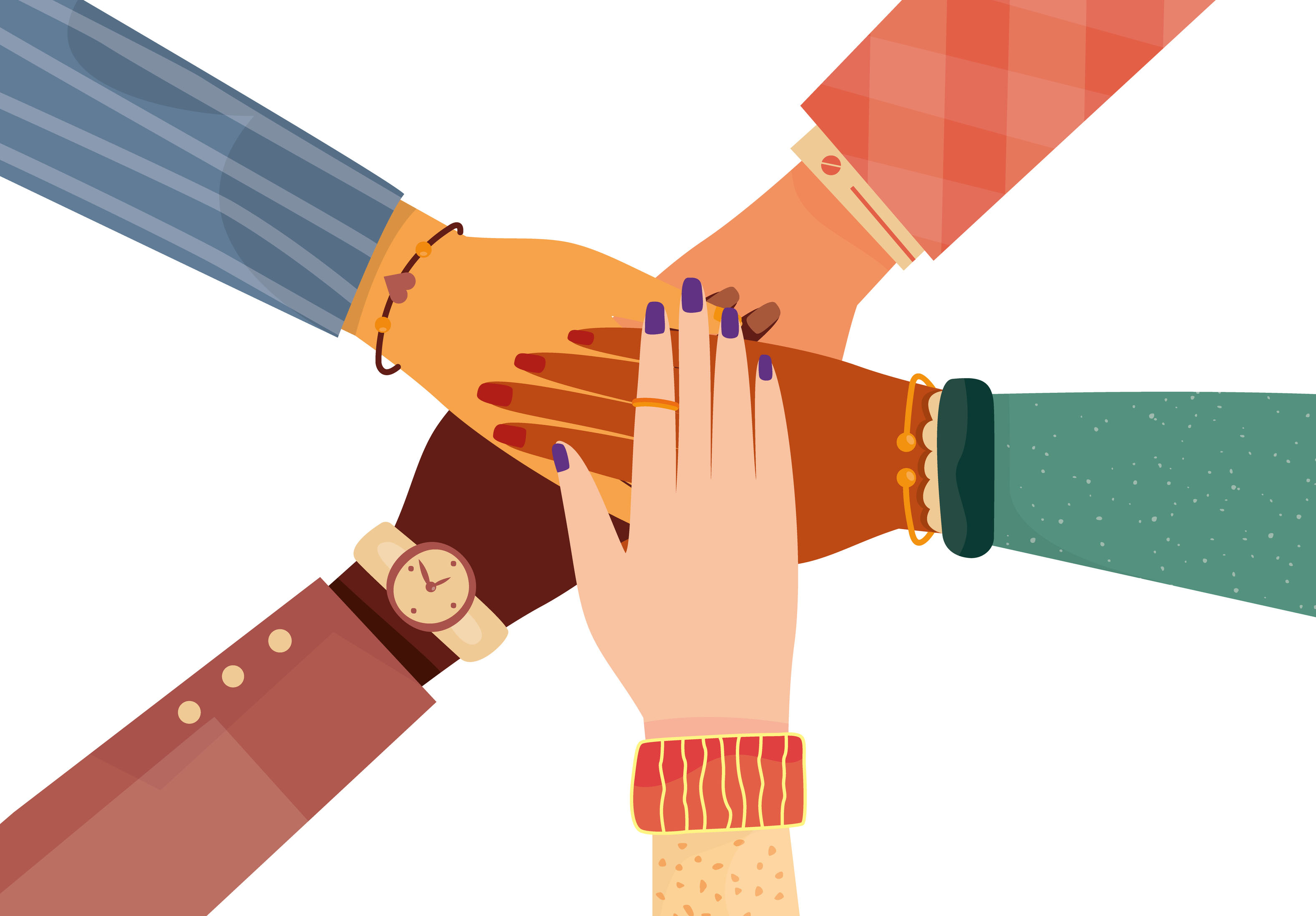
“Joyful books, for readers both young and old.”
Hello and Welcome to my Blog, Jewel Noir!
I am Dr. Kimberly A. Gordon Biddle, an Emeritus Professor from Sac State and an author of textbooks and children’s books (PB & MG). I started out with humble beginnings, being raised in poverty by a single parent mom in a rural village in Illinois. I was educated at the University of Redlands with a Double BA in Psychology and Music, where I graduated Cum Laude. Then I continued my education at Stanford University GSE, where I obtained a PhD in Child and Adolescent Development. After 30 years in the field, 28 years as a Professor, I am retired and focused on helping others with my writing. This bi‐monthly blog is one way that I am helping. I hope it is informative and helpful to those who read it.
Communicating Across Cultures: The Importance of Books
Posted November 17th, 2020
Communicating is a complex process and endeavor. There are many varied languages, cultures, personal histories, and personal view points. Even when the same language is spoken, culture and dialect may vary within a country or among different countries. Yet today with technical advances and globalization, we can communicate with people from different countries and cultures quite easily. However, can we come to really understand each other? This is an important question. Books can help us come to a better understanding with those whose language, culture, history, and view points are different than our own.
How is this possible? Consider that fact that there are many languages spoken in the world. Consider the fact that all countries have their many dialects. This makes communication complicated. When learning to communicate, written words and spoken words, we must become competent with expressing words and comprehending words. Books are an important key to learning to express ourselves and comprehend the communication of other people.
Books are also really important for helping to understand ourselves better and to understand other people better. Books give us insight into our own wants and needs and strivings. Books shed light on how people in other countries or people from other cultures are similar to us and also different than us. These people who are different can be our neighbors, classmates, or co-workers. Alternatively, these people may live on a completely different continent and have vastly different cultures and personal histories and view points. Reading books about ourselves or someone different than us brings about better understanding and better communication.
So, when you meet someone who speaks another language or someone from another culture, books about that language and culture can be quite helpful with communication. Or when you have never travelled to a particular region in your own country or another country on another continent, books can help you understand their ways of communicating, their traditions, and their values. Perhaps it is your new neighbor who is different in terms of the culture, life history, or view point. If you each read books that represent each other’s lived experience, you can communicate better and come to a better understanding.

These cross-cultural experiences are more common today, as we globalize. Having these experiences help us to mature. Developing the skills needed to communicate across cultures are adaptive in modern society. And books are great tools for learning, experiencing, understanding, and communicating across cultures.
**The opinions expressed here are mine. Those of you interested in research related to these opinions can see the article “Around the Block and Around the World: Teaching Literacy across Cultures” by Bronwyn T. Williams.
Current Blog
Archives
Posted June 1st, 2025
Posted October 12th, 2024
Posted February 11th, 2022
Posted January 17th, 2022
Posted November 17th, 2021
Posted September 2nd, 2021
Posted June 15th, 2021
Posted March 15th, 2021
Posted January 13th, 2021
Posted October 8th, 2020
Posted September 9th, 2020